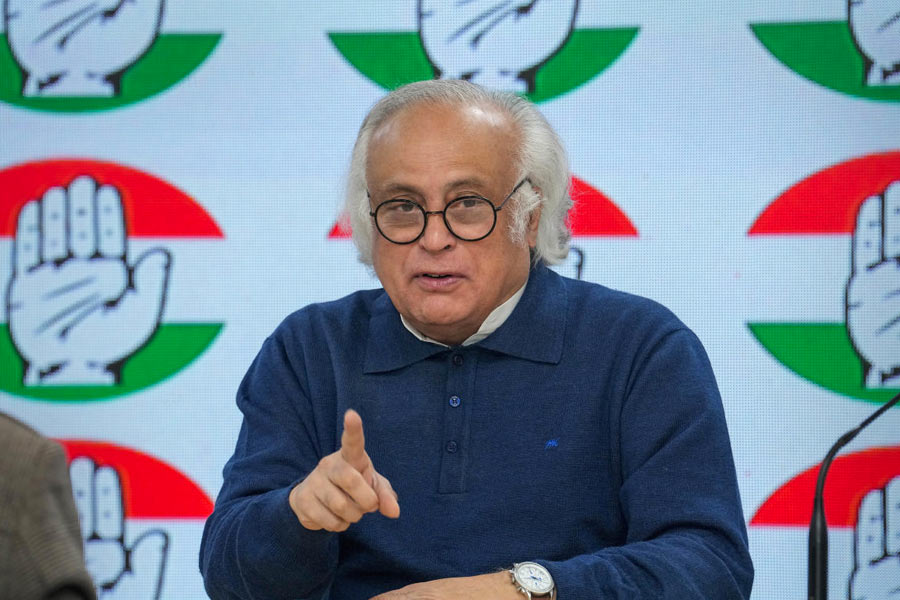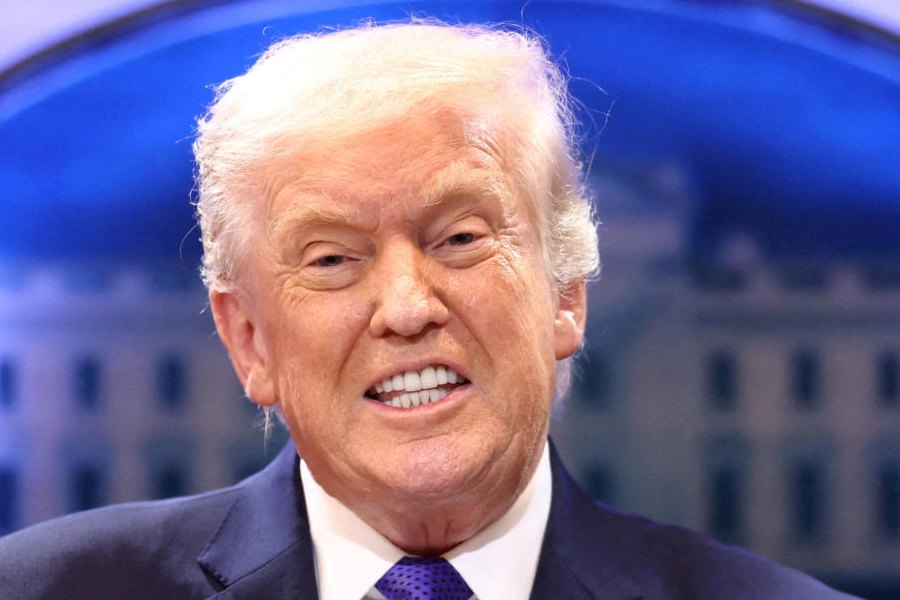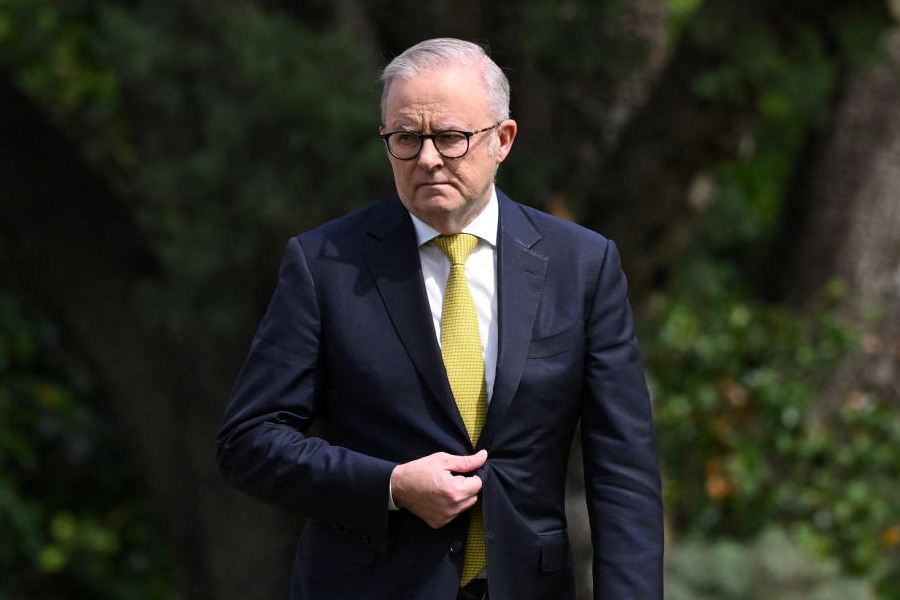With experts warning India against rushing into a trade agreement with the US, the Congress on Monday cautioned the government about entering what it described as MASALA — Mutually Agreed Settlements Achieved through Leveraged Arm-twisting — deals.
Congress leader Jairam Ramesh, citing a report from the New Delhi-based Global Trade Research Institute (GTRI), said India must be cautious in its negotiations. Ramesh wrote on X, “Earlier there have been Masala Bonds issued by companies outside India but denominated in rupees. The International Finance Corporation did so in 2014 and 2015 and HDFC and NTPC followed a year later.”
Drawing attention to the current scenario, Ramesh pointed out that “the Global Trade Research Institute has sounded a warning on the trade deal being negotiated by India with the US”. Referring to the unpredictability of former US President Donald Trump’s approach, he added, “Given the totally arbitrary and frankly bizarre manner in which President Trump functions, GTRI has now drawn attention to what it calls MASALA (Mutually Agreed Settlements Achieved through Leveraged Arm-twisting) deals.”
“Clearly the Prime Minister's acronym-itis bug is proving infectious. But while it may be in a colourful language, the warning cannot be ignored,” Ramesh said. Emphasising the need for caution, he warned, “In our desire to curry favour, we have to be very, very careful. President Trump has spoken 21 times since May 10th on how he used MASALA to get Operation Sindoor to abruptly stop.”
The GTRI report underscored that India is not the only country facing US pressure. “The US is currently negotiating with over 20 countries and seeking concessions from more than 90,” said GTRI founder Ajay Srivastava, highlighting that even key US allies like the European Union and Mexico have been targeted.
“Yet most are resisting because they see these MASALA (Mutually Agreed Settlements Achieved through Leveraged Arm-twisting) deals for what they are — politically driven, transactional demands offering no lasting trade certainty,” Srivastava warned.
He added that while the US could leverage tariffs against major partners like the EU and Mexico, India should not expect a balanced outcome in its negotiations. According to GTRI, Washington has already imposed tariffs as high as 50 per cent on Brazil and proposed duties up to 30 per cent on the EU and Mexico starting August 1.
Trade experts have echoed similar concerns, urging India to protect sensitive sectors like agriculture. “India should stay the course and avoid trading away core sectors like agriculture. A hasty deal under pressure could have irreversible consequences, especially when such agreements may not survive the next shift in US politics,” Srivastava cautioned.
Despite the pressure, a team of Indian trade negotiators is expected to travel to Washington soon to continue talks on the proposed Bilateral Trade Agreement (BTA).
With inputs from PTI










